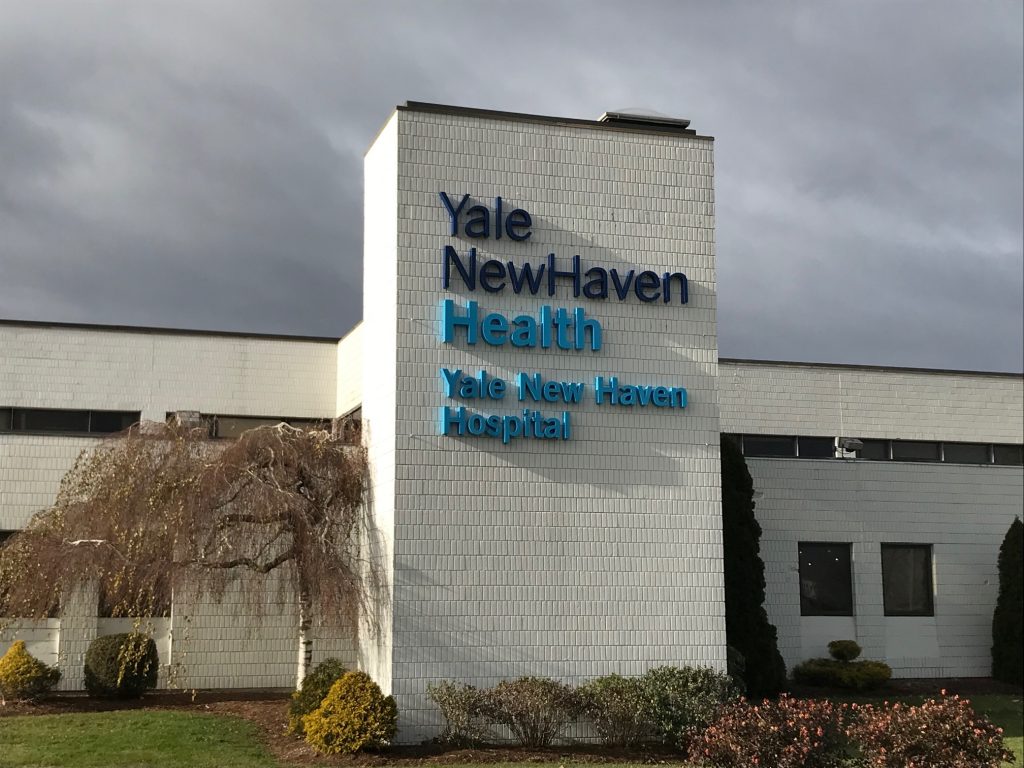More questions for YNHH about controversial primary care proposal

Yesterday, the state Office of Health Strategy sent their eighth set of questions about the controversial application of Yale-New Haven Health System and their community health center partners to move primary care for 28,500 mainly low-income New Haven area residents out of the current neighborhood sites to Long Wharf. Among others, critical concerns have been raised about transportation for patients to the new, more distant site. To date, the applicant’s responses have been vague, relied on current services provided by the city, nonprofits and Medicaid’s troubled transportation contractor, and feature a ride-sharing service that doesn’t serve CT now. The state’s latest questions include detailed requests for information on at least two contracted transportation providers, specific service standards for those providers, at least one ADA-compliant service, at least one service that does not require use of a smart phone, and exact specificity about eligibility for transportation services, subject to state review and approval. The state also wants YNHH to address wait times and timely drop offs for appointments. The state also asked for details of flooding at the new site during Superstorm Sandy and documentation of city permits and applications. Answers to the questions are due May 20th.
Advocates, community leaders, patients and providers have voiced many concerns. Under the proposal, patients’ care would transfer to New Haven’s two community health centers for payment purposes, but care would still be provided by YNHH clinical and administrative staff in a facility owned by YNHH. Advocates, patients, and community leaders have voiced concerns about significantly higher costs to the state by shifting to much higher community health center reimbursement rates, substantial new charges to uninsured patients which will likely deter access to preventive and maintenance treatments, lower quality care at community health centers, access to abortion services, access to pharmacy, potential financial liability for the community health centers which may result in cuts to services across the region, an increase in the number of patients providers will have to see each day, and the lack of a plan to evaluate the impact of the proposal on patients affected and access to care for all New Haven community members.

